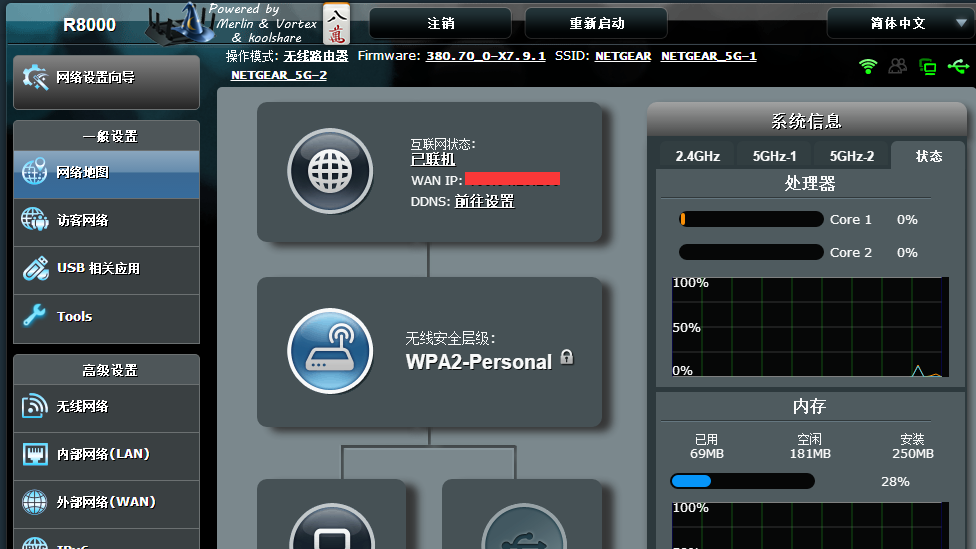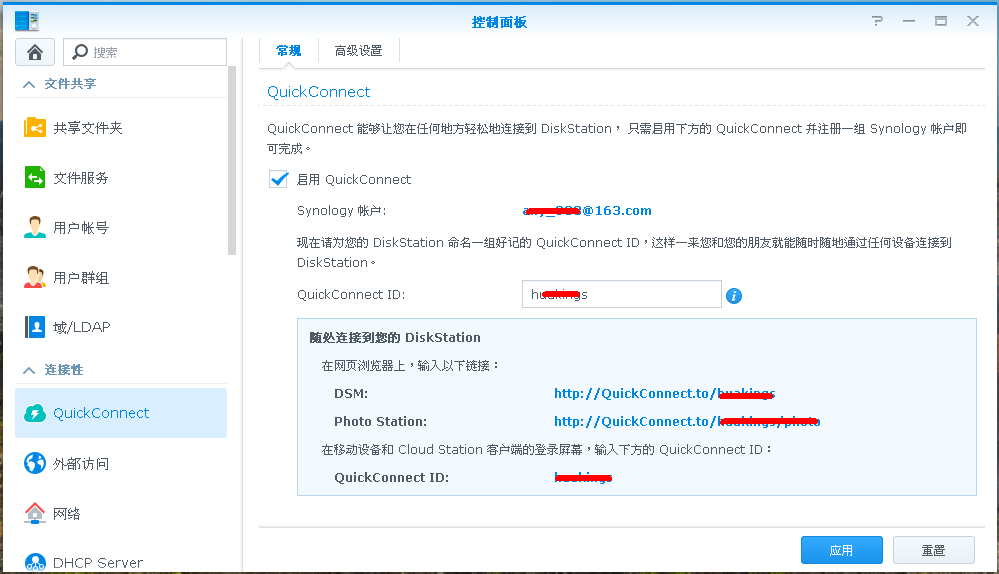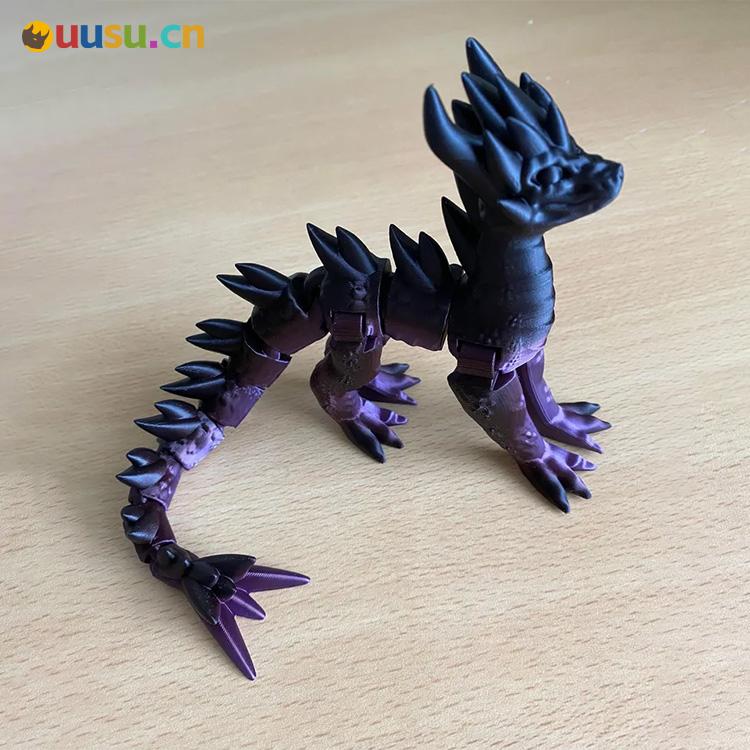
Vue实战:图片上传组件开发
引言:
图片上传是Web开发中常见的需求之一。本文将介绍如何使用Vue框架开发一个简单的图片上传组件,并提供具体的代码示例。
一、需求分析
我们的图片上传组件应具备如下功能:
- 用户能够选择一张图片进行上传;
- 点击上传按钮后,将选中的图片上传到服务器;
- 显示上传进度,并提供取消上传的功能;
- 上传完成后,显示上传成功的提示,并提供查看上传结果的链接。
二、项目搭建
首先,我们需要搭建一个基于Vue的项目。可以使用Vue CLI进行创建,具体步骤如下:
- 安装Vue CLI:在命令行中输入
npm install -g @vue/cli; - 创建项目:在命令行中输入
vue create image-upload,然后按照提示进行配置; - 进入项目目录:在命令行中输入
cd image-upload; - 启动项目:在命令行中输入
npm run serve,项目将会运行在本地的开发服务器上。
三、开发图片上传组件
- 在src/components目录下创建一个名为ImageUpload.vue的文件,用于编写图片上传组件的代码。
<template>
<div>
<input
type="file"
@change="handleFileChange"
/>
<button @click="upload">上传</button>
<div v-if="uploading">
<div>{{ progress }}%</div>
<button @click="cancel">取消上传</button>
</div>
<div v-if="uploadSuccess">
上传成功!
<a :href="resultURL" target="_blank">查看结果</a>
</div>
</div>
</template>
<script>
export default {
data() {
return {
file: null,
uploading: false,
progress: 0,
uploadSuccess: false,
resultURL: ''
};
},
methods: {
handleFileChange(event) {
this.file = event.target.files[0];
},
upload() {
this.uploading = true;
// 假装上传,每秒增加10%的进度,共耗时10秒
const timer = setInterval(() => {
this.progress += 10;
if (this.progress >= 100) {
clearInterval(timer);
this.uploading = false;
this.uploadSuccess = true;
this.resultURL = 'http://example.com/result';
}
}, 1000);
},
cancel() {
this.uploading = false;
this.progress = 0;
this.uploadSuccess = false;
}
}
};
</script>
<style scoped>
/* 样式省略 */
</style>
- 在App.vue文件中使用刚刚编写的图片上传组件。
<template>
<div id="app">
<ImageUpload />
</div>
</template>
<script>
import ImageUpload from "./components/ImageUpload.vue";
export default {
name: "App",
components: {
ImageUpload
}
};
</script>
<style>
/* 样式省略 */
</style>
四、测试与运行
- 在命令行中运行
npm run serve,启动开发服务器; - 打开浏览器,访问http://localhost:8080,即可看到上传组件的界面;
- 选择一张图片,点击上传按钮,可以看到上传进度以及上传成功的提示;
- 点击上传成功的提示中的链接,可以查看上传结果。
结语:
本文介绍了使用Vue框架开发图片上传组件的具体步骤,并提供了代码示例。在实际开发中,可以根据需求进行适当的修改和扩展,以满足项目的具体要求。希望本文对您有所帮助,谢谢阅读!
© 版权声明
文章版权归作者所有,未经允许请勿转载。
THE END




















































暂无评论内容